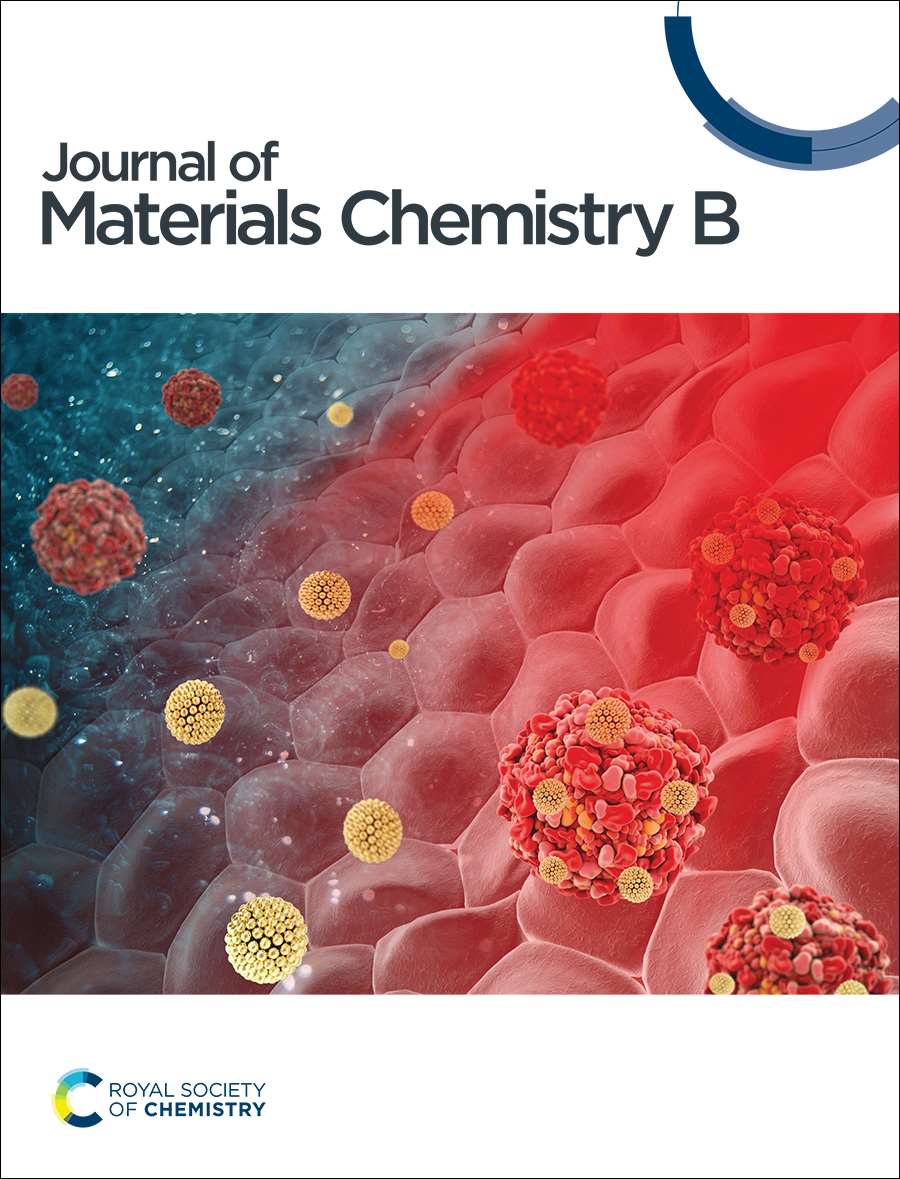Recent advancements in polyethyleneimine-based materials and their biomedical, biotechnology, and biomaterial applications
Abstract
Cationic polymers, known for their highly positive charges, have historically dominated the materials used in bioengineering. However, the demand for intelligent systems with high efficiency, bio-mimetic and tunable features is increasing. Artificial composites that mimic biorecognition and periodic structures may propel the development of advanced materials with outstanding properties. Polyethyleneimines (PEIs) constitute a valuable class of polycations because they have repetitive structural units, a wide molecular weight range and flexible polymeric chains, which facilitate customization of functional composites. Specific advantageous features could be introduced by purposeful modification or functionalization, such as specificity and sensitivity, distinct geometry, biocompatibility, and long service life. Thus, PEIs have been rapidly used in a wide range of applications in the fields of biomedicine, biotechnology and biomaterials science. This article provides an overview of recent advancements in the fabrication of PEI-based materials and corresponding applications in gene and drug delivery, bio-inhibitors, bio-separation, bioimaging, cell culture, and production of antibacterial and self-healing materials. The effects of molecular weight, topological structure, positive charges and hydrophilic properties on the performance of PEIs have been illustrated in detail. Finally, current technological limitations, research challenges, and future aspects are also discussed.





